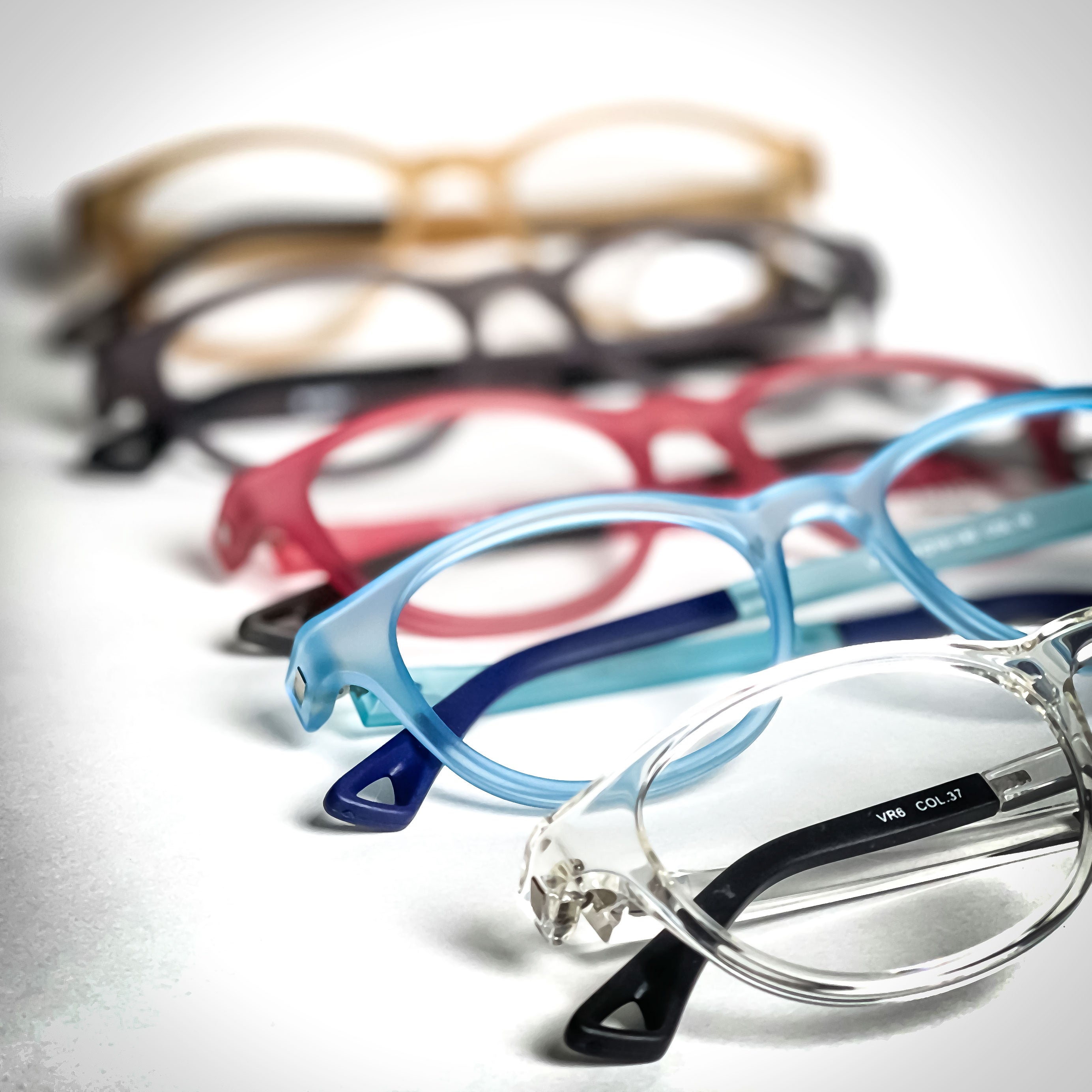In the hustle and bustle of everyday life, it's easy to take our vision for granted. Yet, our eyes are precious gifts that deserve the utmost care and attention. Annual eye exams play a crucial role in maintaining eye health and catching any potential issues early on.
But have you ever wondered what exactly your eye care retailer addresses during these exams to ensure the well-being of your eyes? Let's delve into the essential aspects they cover and why you should be grateful for their expertise.
- Visual Acuity Testing
One of the fundamental components of an eye exam is visual acuity testing. This involves reading letters from a distance using an eye chart to assess the clarity of your vision. Your eye care professional will determine if you have any refractive errors such as nearsightedness, farsightedness, or astigmatism, and prescribe corrective lenses accordingly.
- Eye Health Evaluation
Beyond checking your vision, your eye care retailer conducts a comprehensive evaluation of your eye health. This includes examining the external and internal structures of your eyes for signs of diseases such as glaucoma, cataracts, macular degeneration, and diabetic retinopathy. Early detection of these conditions is crucial for effective treatment and preventing vision loss.
- Intraocular Pressure Measurement
Intraocular pressure (IOP) measurement is another vital aspect of an eye exam, especially for detecting glaucoma, a leading cause of blindness. Your eye care professional uses a tonometer to measure the pressure inside your eyes. Elevated IOP levels can indicate potential damage to the optic nerve, necessitating further evaluation and treatment.
- Refraction Assessment
Refraction assessment helps determine the precise prescription for your eyeglasses or contact lenses. Your eye care retailer will use various techniques to assess how light bends as it enters your eyes, allowing them to correct any refractive errors and provide you with optimal visual clarity.
- Eye Coordination and Binocular Vision
Your eye care professional also evaluates the coordination and alignment of your eyes, known as binocular vision. Problems with eye coordination can lead to issues such as strabismus (crossed eyes) or amblyopia (lazy eye). By assessing binocular vision, your eye care retailer can recommend appropriate interventions to improve eye alignment and coordination.
- Digital Eye Strain Assessment
In today's digital age, many of us spend extended hours in front of screens, leading to digital eye strain or computer vision syndrome. Your eye care retailer can assess your risk factors for digital eye strain and provide recommendations to alleviate symptoms, such as ergonomic adjustments, specialized lenses, or blue light filtering technology.
- Patient Education and Counseling
Last but not least, your eye care retailer plays a crucial role in patient education and counseling. They take the time to discuss your eye health findings, address any concerns or questions you may have, and provide personalized recommendations for maintaining optimal eye health and preventing future problems.
As we navigate through life, our eyes serve as our windows to the world, allowing us to experience its beauty and wonder. Therefore, we owe a debt of gratitude to our eye care retailers for their dedication to preserving and protecting our precious gift of sight. From comprehensive eye exams to personalized care and education, they go above and beyond to ensure the health and well-being of our eyes.
So, the next time you visit your eye care retailer, remember to thank your lucky stars for their invaluable expertise and commitment to keeping your vision crystal clear.
If you’re on the fence about using contacts over glasses, check out this blog here for some eye opening reasons why frames may be the answer for you. And if you need help finding an eye care retailer check out our retailer locator here.





